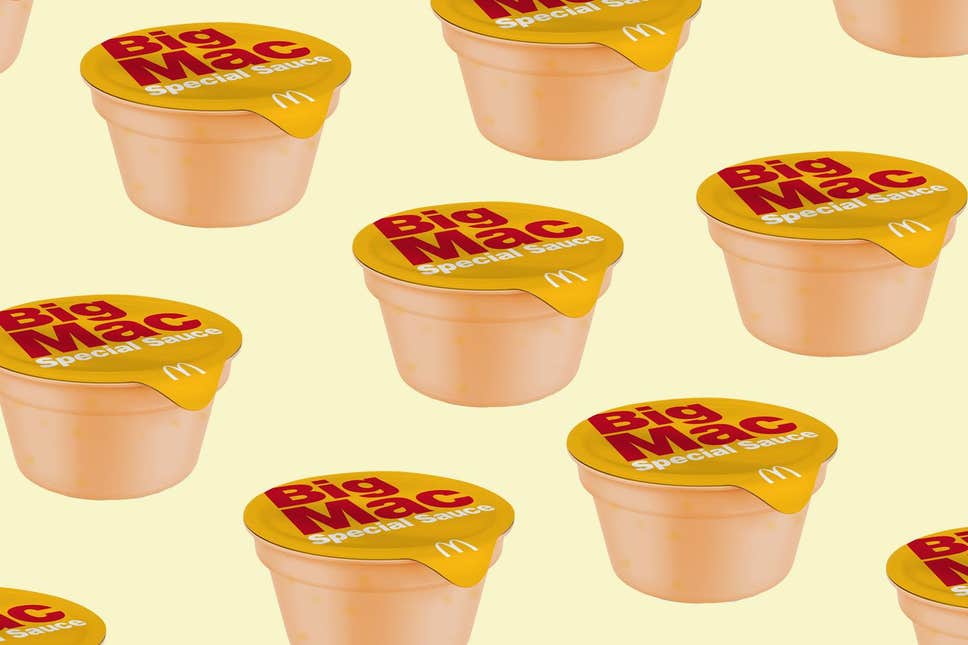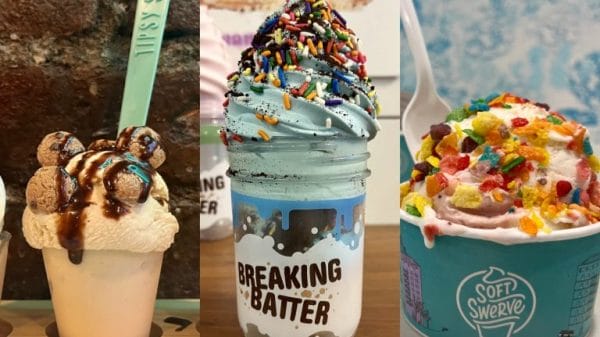McDonald’s recently announced that dipping pots containing the Big Mac Special Sauce will go on sale in the UK from the 12th of February – for a limited time to ensure a consumerist feeding frenzy.
The ‘special’ sauce will come in 50ml pots, priced at 50p each, with a seven-day shelf life. As the sauce pots can now be bought separately from a calorific Big Mac, this means that they don’t need to consumed with meat. You can eat them with any of the food items from McDonald’s new vegan menu, such as veggie dippers, or even the chain’s staples of carrot sticks or fruit.
In a world where climate change lurks around the corner of any discussion of food, and especially fast food, we must think more carefully about where our meals are sourced from, and their environmental impact, so I will analyse this carefully below:
Is the Big Mac Special Sauce vegetarian?
Yes. As according to the official McDonald’s website, its ingredients are the following:
Soybean Oil, Sweet Relish (Diced Pickles, Sugar, High Fructose Corn Syrup, Distilled Vinegar, Salt, Corn Syrup, Xanthan Gum, Calcium Chloride, Spice Extractives), Water, Egg Yolks, Distilled Vinegar, Spices, Onion Powder, Salt, Propylene Glycol Alginate, Garlic Powder, Vegetable Protein (Hydrolyzed Corn, Soy and Wheat), Sugar, Caramel Color, Turmeric, Extractives of Paprika, Soy Lecithin
Is the Big Mac Special Sauce vegan?
However, while the sauce is vegetarian, it does contain eggs, meaning that it is not suitable for vegans. Additionally, although McDonald’s claims that it uses only RSPCA assured free-range eggs in its condiments, this does not mean that the chickens were allowed to freely frolic in a pastoral paradise before they willingly gave up their eggs for human consumption. The egg industry is just as cruel as the poultry or meat industry, if not worse. Eggs that are technically classified as ‘free-range’ still originate from chickens who were debeaked, a painful procedure carried out on young hens without anaesthetic.
But no chickens are killed to produce free-range eggs, right?
It doesn’t matter which eggs you buy, whether they are battery, barn, organic or free-range. A crucial part of industrial egg production is the culling of male chicks, whereby as only female chicks have the productive capacity to lay eggs and therefore create profit for the egg industry, male chicks don’t. This means that day-old male chicks are killed almost immediately after they hatch, in order to minimize profit losses. The RSPCA assured methods of allowed killing are via gas or maceration – where chicks are placed into a large high-speed grinder.
What is the environmental impact of a Big Mac?
The environmental cost of a Big Mac is undeniable. Contrary to McDonald’s statement that they “create positive impacts for the environment”, the carbon footprint of one Big Mac cheeseburger is 4kg of CO2 equivalent gases. That’s the same emissions as around a 1/2 gallon of gasoline.
Still want to try that new sauce?
The Big Mac Special Sauce dipping pots are expected to be snapped up quickly, so my advice is, next time you see an money-saving or mouthwatering McDonald’s offer: skip the feeding frenzy and think before you eat.
For cruelty free and more environmentally-friendly food news, click here to read about Frankie & Benny’s new vegan menu.
Image via: Evening Standard














